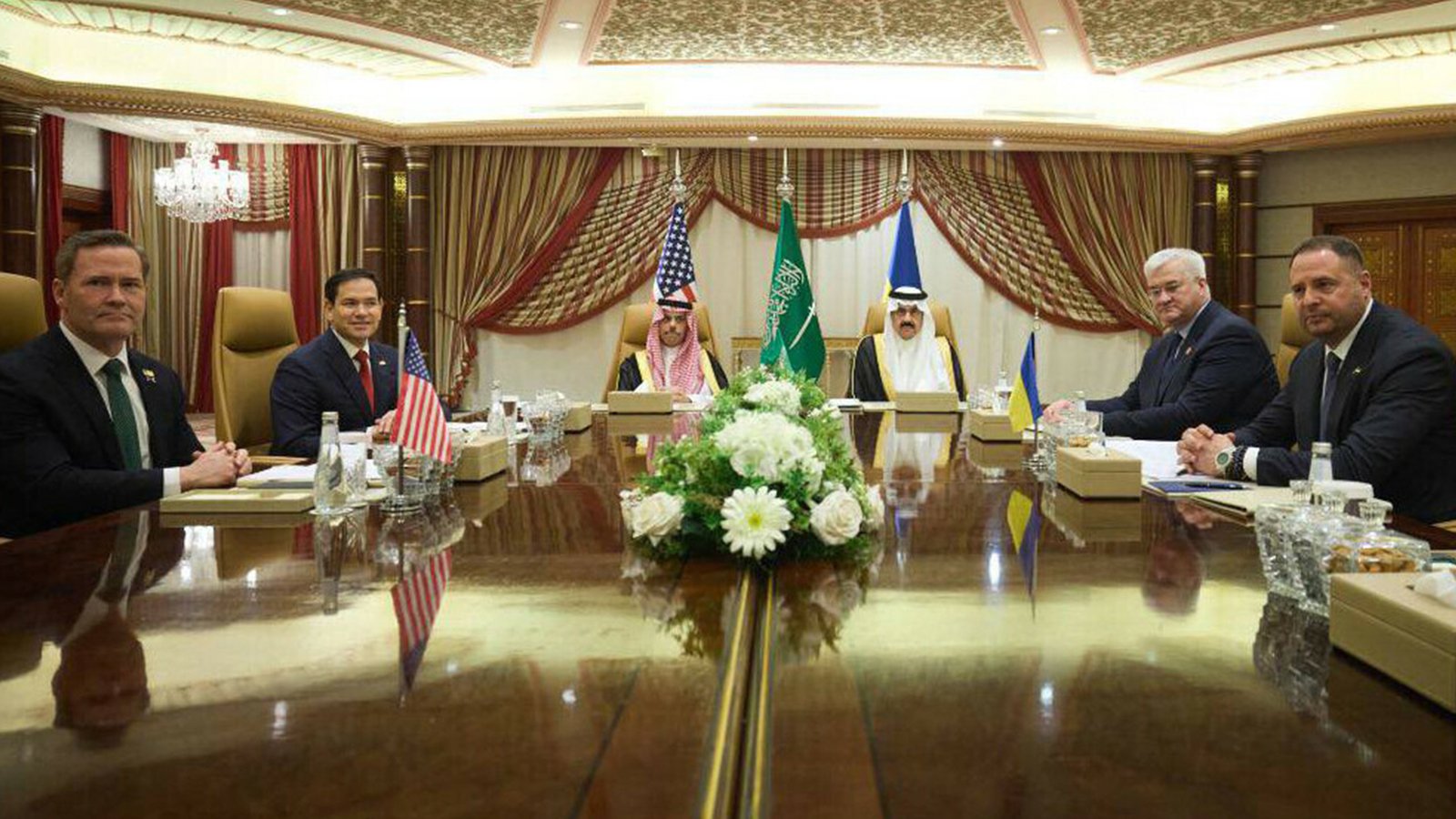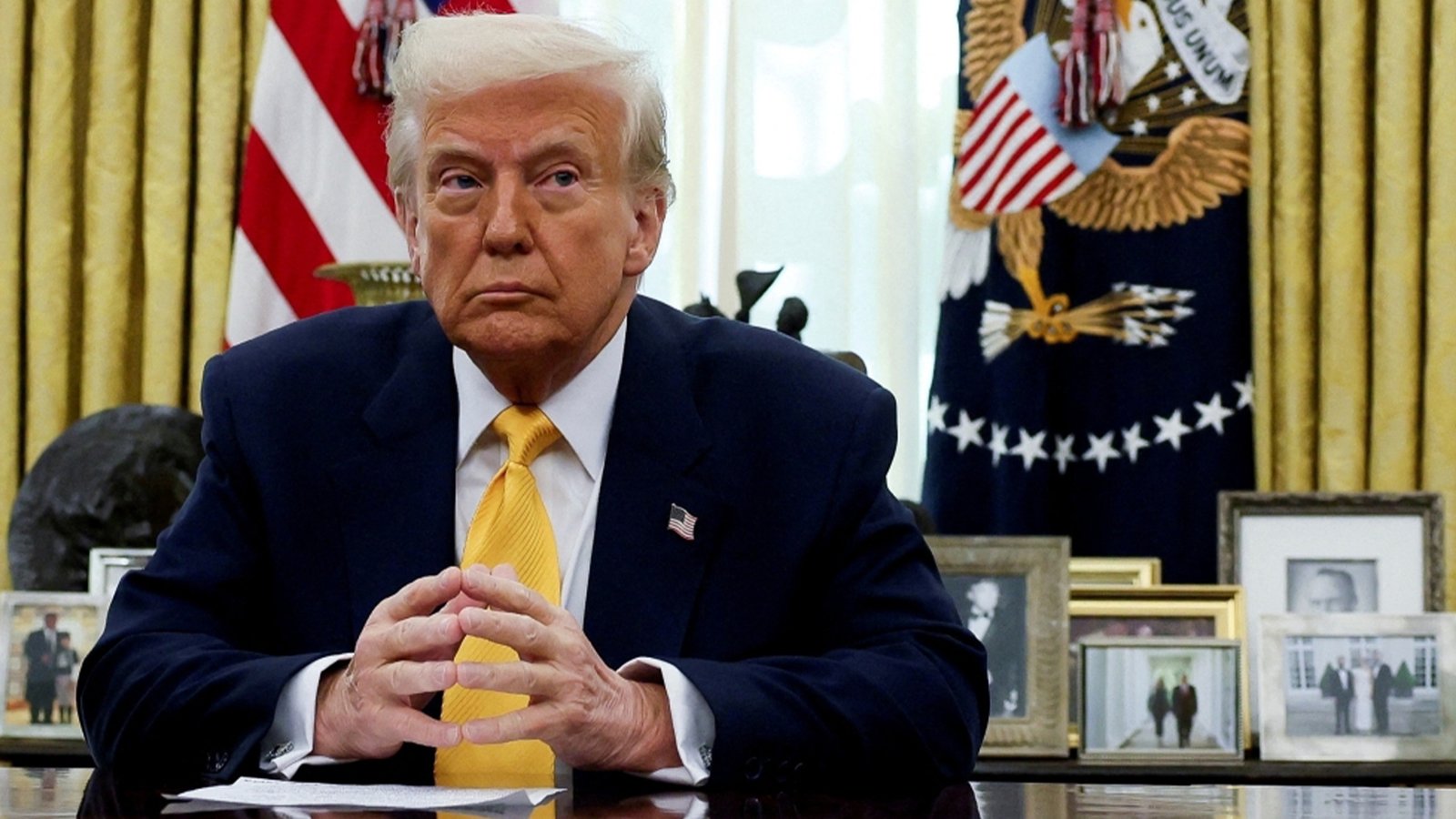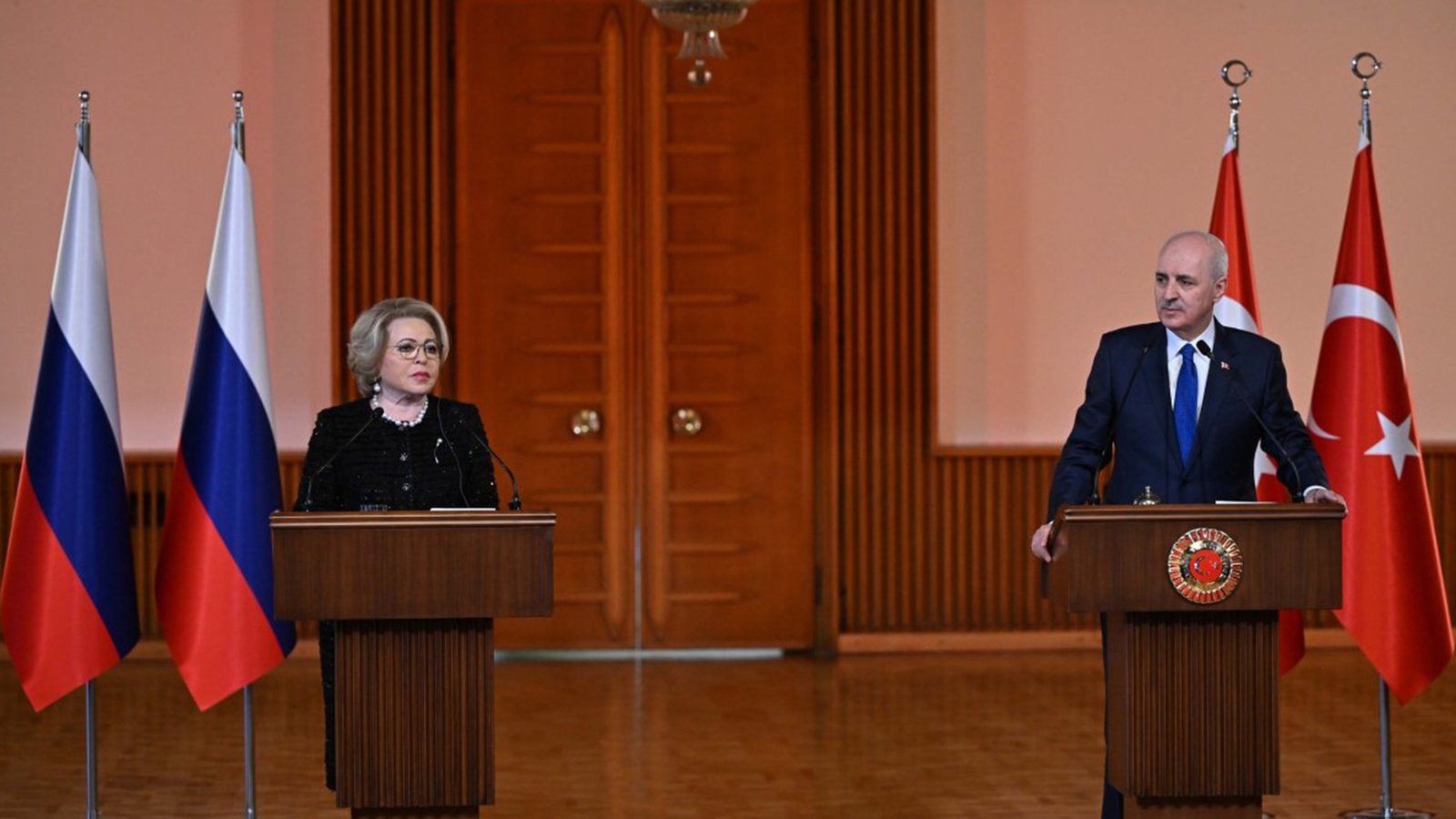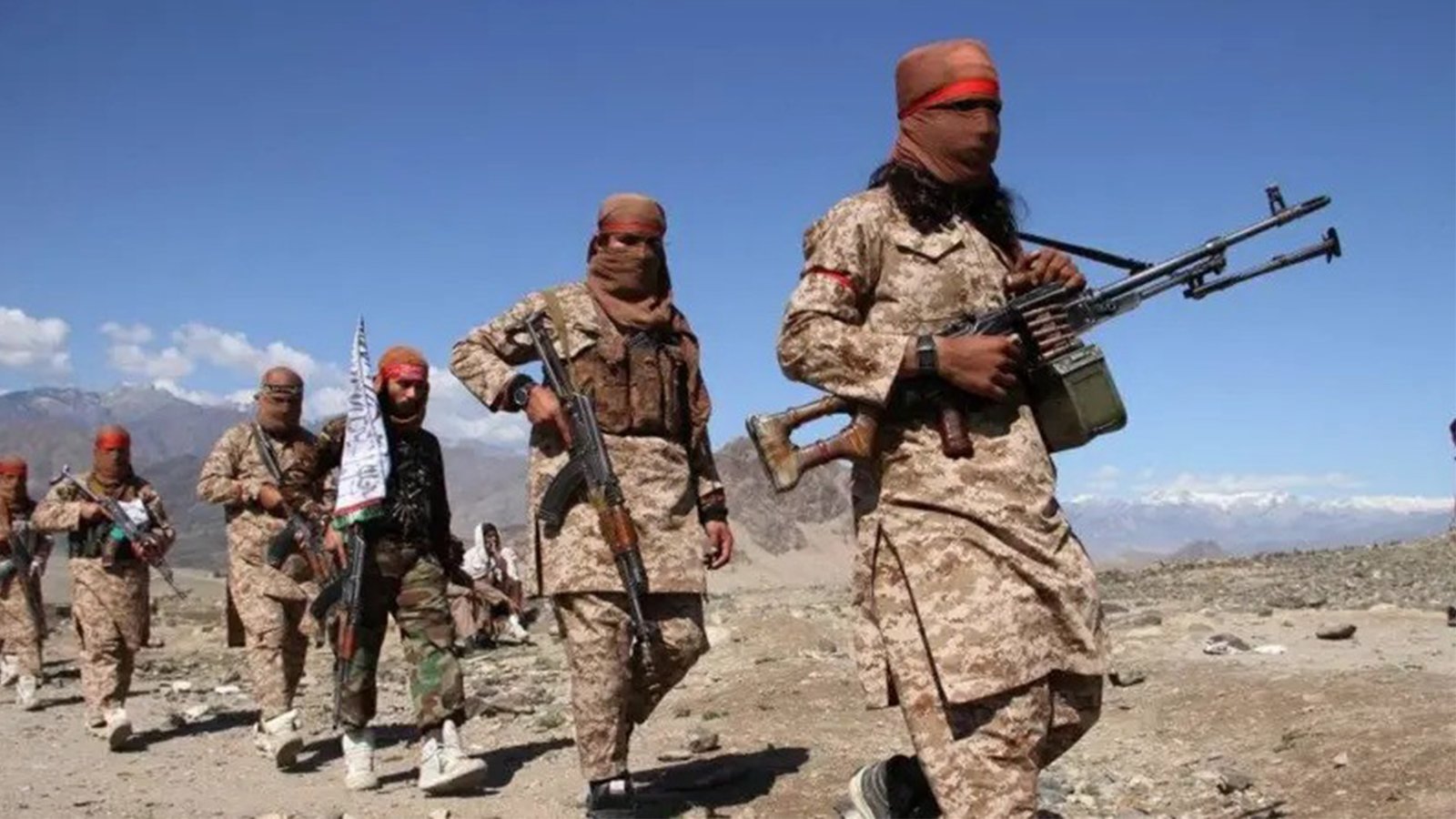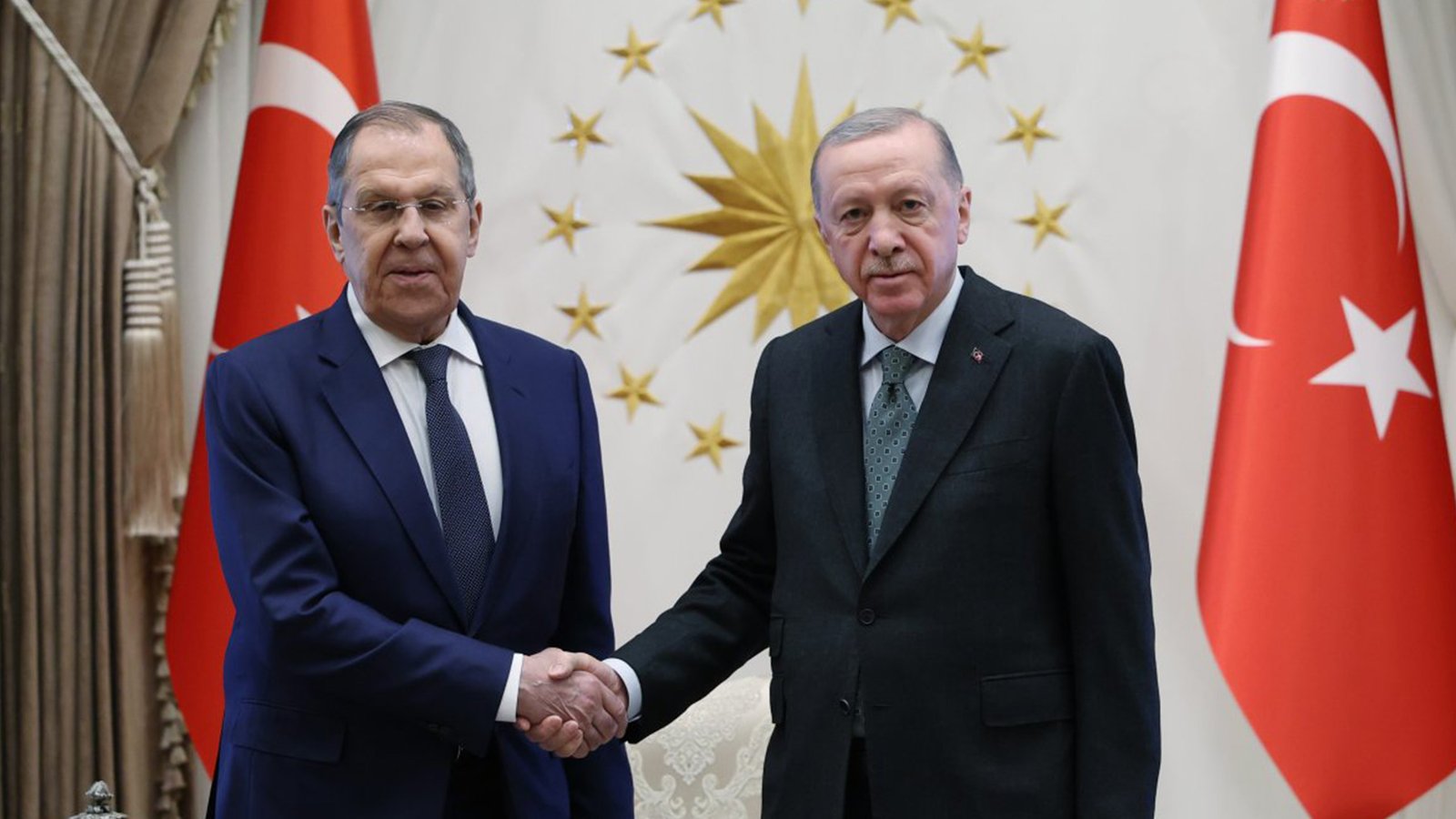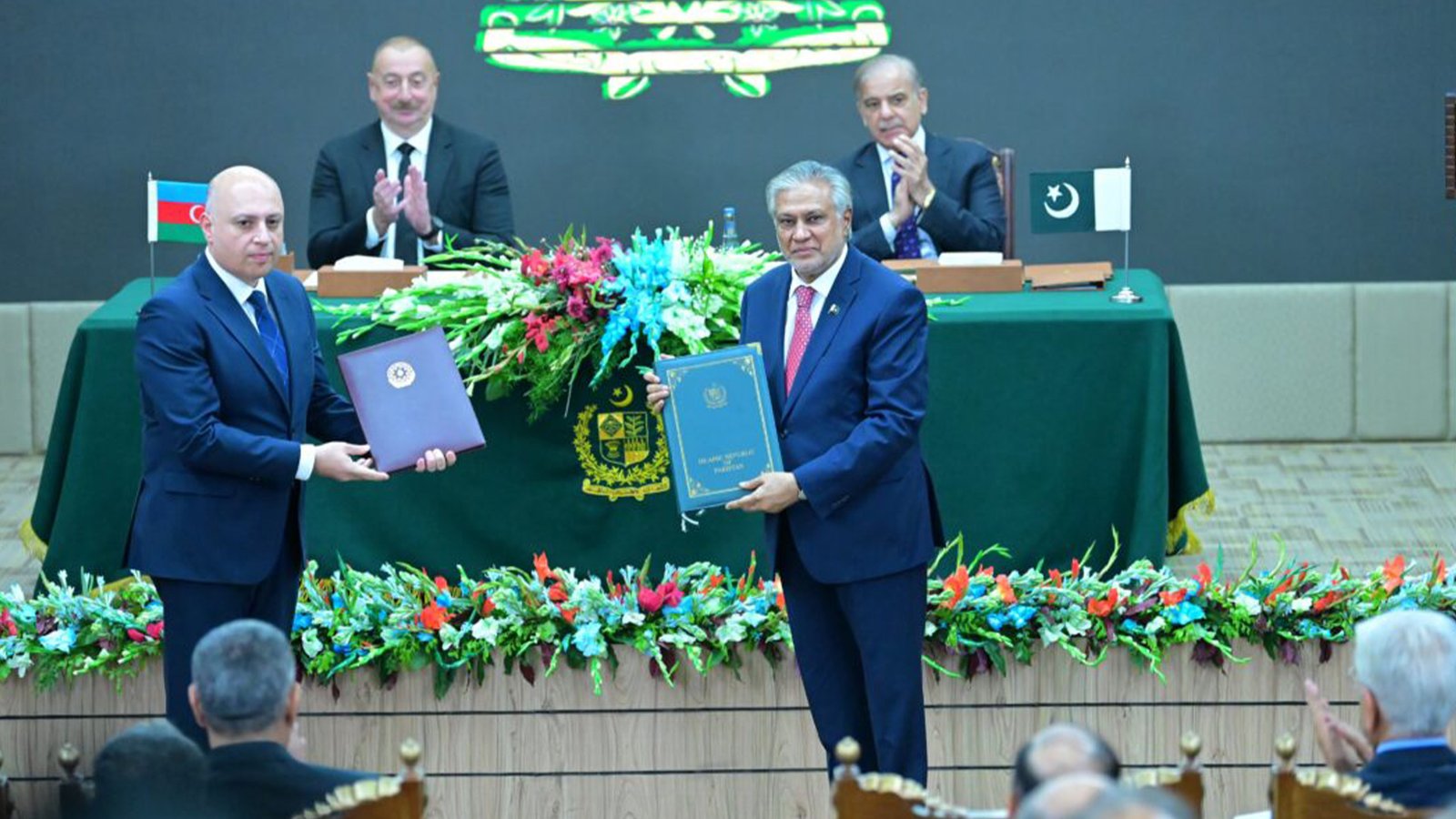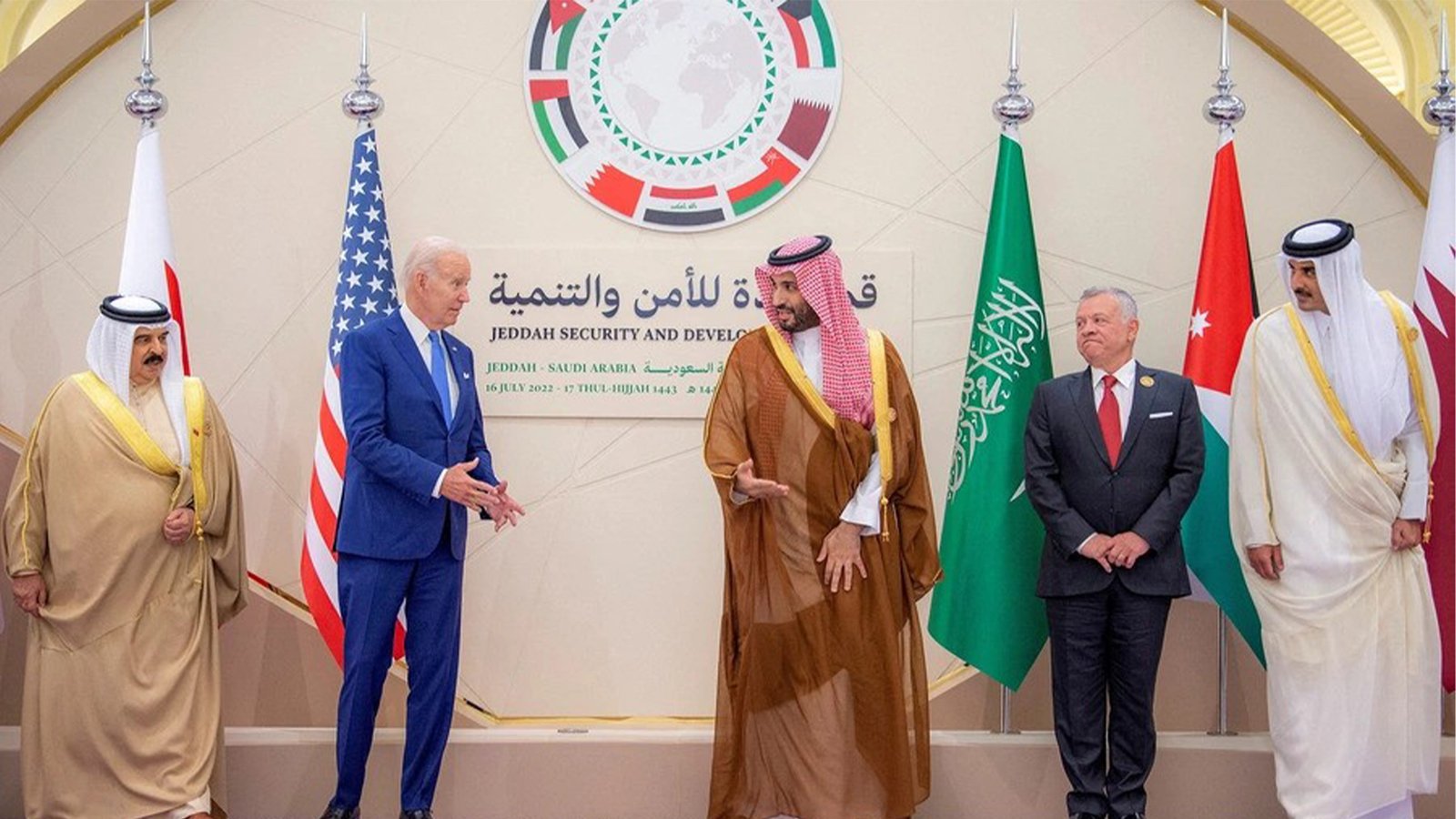The Impact Of Saudi Arabia Joining The US-Israel Alliance
In this series, we explore key geopolitical scenarios and their impact on the world and Pakistan’s future. Beginning with Donald Trump’s return and his policy to isolate China, we analyze shifting alliances, conflicts, and economic changes. In this scenario, we will explore the implications of Saudi Arabia openly siding with the US-Israel axis. This shift would have profound consequences for Middle East dynamics, global geopolitics, and Pakistan’s strategic positioning. We will analyze how this alignment could affect regional alliances, economic stability, and the broader Islamic world’s unity, while evaluating the challenges and opportunities it presents for Pakistan in navigating this complex landscape.
The possibility of Saudi Arabia openly aligning with the US-Israel axis would mark a pivotal transformation in Middle Eastern geopolitics. This move would not only reshape alliances in the region but also create ripple effects across the globe, influencing the balance of power, energy markets, and the unity of the Islamic world. For Pakistan, such a shift poses both challenges and opportunities, demanding careful navigation to safeguard its strategic and economic interests.
Middle East Dynamics
1. Strengthened US-Israel Bloc
Saudi Arabia’s formal alignment with the US-Israel axis would solidify a powerful coalition aimed at countering Iran and its regional influence. This bloc would leverage advanced US weaponry, increased intelligence sharing, and military coordination to maintain regional dominance.
The Abraham Accords, which normalized Israel’s relations with the UAE and Bahrain, would gain new momentum, with Saudi Arabia’s inclusion further isolating pro-Iran factions. Israel’s security concerns would find greater regional backing, enabling more aggressive policies against Iranian proxies like Hezbollah in Lebanon and Hamas in Gaza.
2. Isolation of Iran
Iran would face heightened diplomatic and economic isolation, as Saudi Arabia’s influence in the Gulf Cooperation Council (GCC) brings other Gulf states closer to the US-Israel bloc. Proxy wars in Yemen, Syria, and Iraq could intensify, with Iran doubling down on its alliances with groups like Ansar Allah (Houthis) and militias in Iraq. The resulting escalation would worsen humanitarian crises and create instability that could spill over into neighboring regions.
3. Erosion of Islamic Unity
Saudi Arabia’s alignment with Israel would likely fracture the Islamic world. Many Muslim-majority nations, particularly in Southeast Asia and South Asia, maintain strong pro-Palestinian sentiments. Countries like Turkey, Pakistan, and Malaysia might oppose this move, creating rifts within the OIC (Organization of Islamic Cooperation). Popular opposition to Saudi Arabia’s perceived abandonment of the Palestinian cause could erode its leadership within the Islamic world.
Global Implications
1. US Leverage in the Region
This alignment would reinforce the US’s dominance in the Middle East, giving it greater control over energy routes and regional security. The petrodollar system, already under strain due to increasing oil trade in yuan, would stabilize as Saudi Arabia’s cooperation ensures continued reliance on the US dollar.
2. China and Russia’s Response
China and Russia would likely deepen their engagement with Iran and other estranged Gulf states, such as Qatar. China, already a key player in the Middle East, might expand its influence through initiatives like the Belt and Road and by bolstering Iran’s economy under sanctions. Russia, with its military presence in Syria, could use the fractured Middle East as an opportunity to counterbalance US policies.
3. Energy Market Volatility
Saudi Arabia’s closer alignment with the US and Israel could lead to temporary stability in oil markets. However, any escalation involving Iran could disrupt vital oil routes like the Strait of Hormuz, which handles 20% of global oil shipments, leading to price surges and economic instability worldwide.
Impact on Pakistan
1. Diplomatic Dilemmas
Pakistan, with its historical ties to Saudi Arabia and strong pro-Palestinian stance, would face immense diplomatic pressure. On one hand, Riyadh’s alignment with Israel would strain Pakistan’s relationship with Saudi Arabia. On the other, public sentiment and political leadership in Pakistan would oppose any perceived compromise on the Palestinian cause.
2. Economic Risks
Saudi Arabia and the UAE account for a significant portion of Pakistan’s $31 billion annual remittances. Any fallout with these states could create financial difficulties for Pakistan, already grappling with high external debt and inflation. Moreover, potential reductions in Saudi financial aid and energy subsidies would add to Pakistan’s economic woes.
3. Regional Balancing
As Saudi-Israel ties deepen, Pakistan might strengthen its alliances with Turkey, Iran, and Malaysia. By aligning more closely with these nations, Pakistan could maintain its relevance in the Islamic world while balancing its ties with Gulf states to avoid complete alienation.
4. Sectarian Challenges
Heightened Saudi-Iran tensions could exacerbate sectarian divides in Pakistan, home to a significant Shia population (~20%). Proxy influences and external funding could trigger sectarian violence, creating domestic instability.
Also read this: Scenario 1: Trump’s Comeback and Revamped China Strategy
Opportunities for Pakistan
1. Role as Mediator
Pakistan, with its unique position as a close ally of Saudi Arabia and historical ties to Iran, could mediate between these rivals. By promoting dialogue within the Islamic world, Pakistan could enhance its diplomatic stature and serve as a bridge in resolving Middle Eastern tensions.
2. Economic Diversification
Saudi Arabia’s alignment with the US-Israel axis might push Pakistan to reduce its dependence on Gulf states. Strengthening economic ties with China, Turkey, and Central Asian countries could provide alternatives for trade, investment, and energy needs.
3. Strategic Realignment
Pakistan could leverage its neutrality to maintain relationships with both blocs. By emphasizing its commitment to Islamic unity and supporting Palestine, Pakistan could avoid alienating its domestic population while safeguarding its regional interests.
In the next scenario, we will explore the unlikely but transformative possibility of Japan aligning with China in a shift that could reshape global power dynamics. While improbable given current alliances, history has shown that dramatic geopolitical shifts often defy expectations. Alternatively, if Russia successfully pursues alliances with Japan or India, the global equation would change significantly, impacting regional security, economic systems, and the balance of power. We will examine how such developments could alter alliances, influence conflicts, and create new challenges and opportunities for Pakistan in navigating this evolving landscape.


